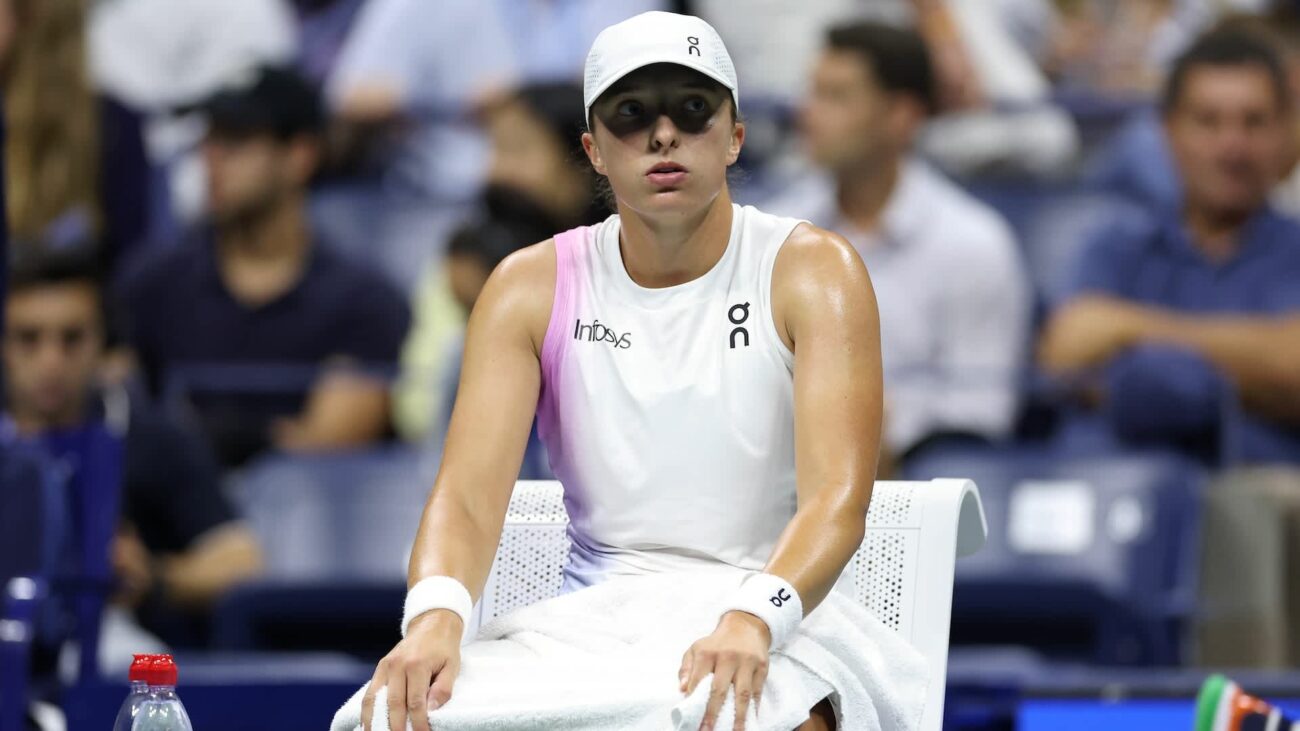Tennis Withdrawals: A Growing Concern as the Game Becomes More Demanding
The recent Korea Open in Seoul marked a watershed moment in tennis, becoming the first WTA 500 tournament on the Asian peninsula. However, it also highlighted a growing concern: the increasing number of player withdrawals due to various reasons.
This trend continued at the China Open, where nine players, including Elina Svitolina and Emma Raducanu, withdrew. On the ATP side, Carlos Alcaraz expressed concerns about the length of the season, stating that the demanding schedule could potentially harm players.
The issue of player withdrawals has become a recurring theme in tennis, with reasons ranging from injuries to mental health and fatigue. The game has become increasingly punishing, with players expected to participate in a high number of tournaments, including mandatory events.
The ranking system also contributes to the problem, as it rewards players for participating in as many events as possible. This creates a vicious cycle, where players feel pressured to play through injuries or fatigue to maintain their rankings.
Evidence suggests that the game is taking a toll on players. A study published by the National Library of Medicine found that retirement rates in second and third-tier tournaments have increased significantly, particularly on hard courts and in later rounds of play.
The Professional Tennis Players Association (PTPA) has been collecting data on player withdrawals and injuries. Their findings indicate that WTA players withdrew from tournaments 119 times in 2023, primarily due to injuries, personal reasons, and undisclosed reasons.
The PTPA is working to provide players with personalized medical support and data analysis to help them manage their health and prevent injuries. They are also advocating for changes to the tour schedule and rules to reduce the physical and mental strain on players.
The game of tennis has evolved significantly over the years, becoming more fast-paced and demanding. Players are now running more miles, playing longer matches, and facing higher ball speeds. This has led to an increase in injuries, particularly in the shoulder, wrist, and arm.
The use of different balls in different tournaments has also emerged as a contentious issue, with some players suggesting that it may contribute to injuries. The PTPA is calling for the adoption of an official, sanctioned ball for each tour segment.
While the ATP and WTA have taken some steps to ease the pressure on players, the Grand Slam events remain independent and have their own rules. The use of roofed stadia at the majors has allowed for matches to extend into the early hours of the morning, posing a significant threat to player health and well-being.
The PTPA believes that players need to have a stronger voice in shaping the future of the game. They are advocating for a more balanced schedule, reduced match lengths, and a focus on player health and safety.
Until players have a stronger voice and choose to exercise it, significant change is unlikely to occur. The show will continue, but the warning signs are there. The recent spate of player withdrawals and injuries should serve as a wake-up call for the tennis community to address the growing concerns about the physical and mental well-being of its athletes.


